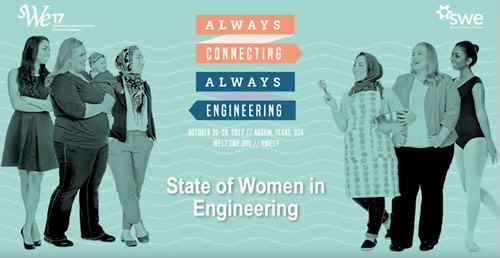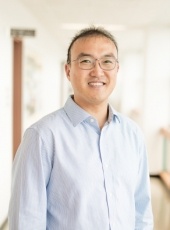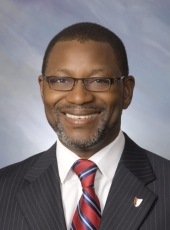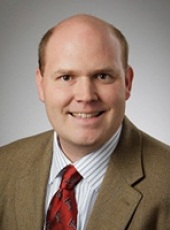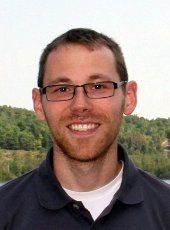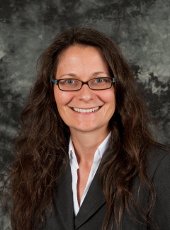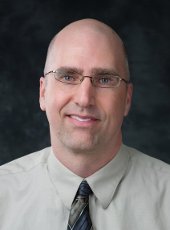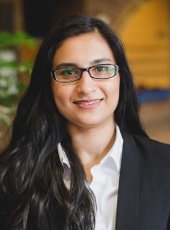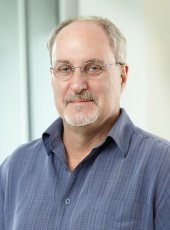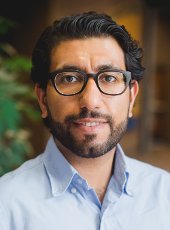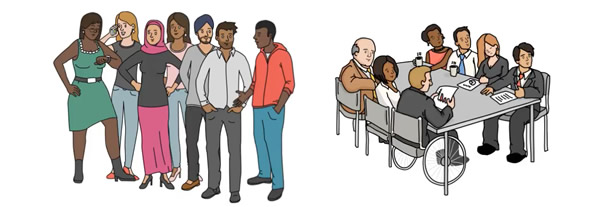
The Women in Engineering ProActive Network (WEPAN), American Society of Mechanical Engineers (ASME), and Purdue University College of Engineering are offering an evidence-based approach for fostering a more diverse, equitable, and inclusive (DEI) engineering culture via a series of webinars. The first webinar is 12:30 to 1:30 p.m. Thursday, Feb. 22.
In this interactive webinar you will learn:
- Why to engage in DEI-focused change
- How to lead DEI-focused culture change using the new, evidenced-based TECAID (Transforming Engineering Culture to Advance Inclusion & Diversity) Model
- Who are other engineering department teams that have applied the TECAID Model
- What additional resources are available to help engineers lead department culture change
Want to get MORE out of this webinar? Invite colleagues to participate with you by setting up a conference room and setting aside time after the webinar to continue the conversation about ways you can adapt the ideas presented in your own department. Watch this 3-minute 2017 NSF Showcase award winning TECAID Project Overview video.
The Department of Mechanical Engineering-Engineering Mechanics was one of five universities that participated in developing the TECAID model. (See this Tech Today article for more details.)
Department Chair William Predebon is one of the presenters in this webinar. Register at this link.

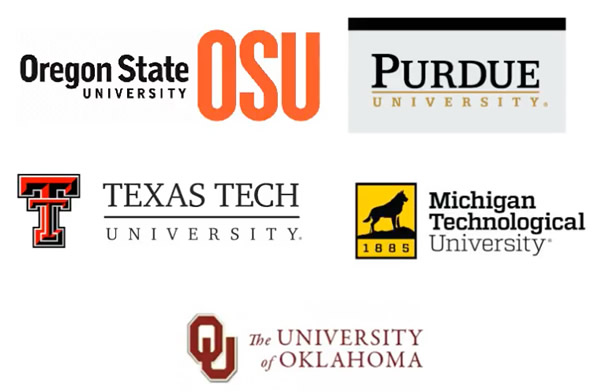
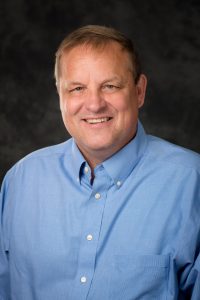
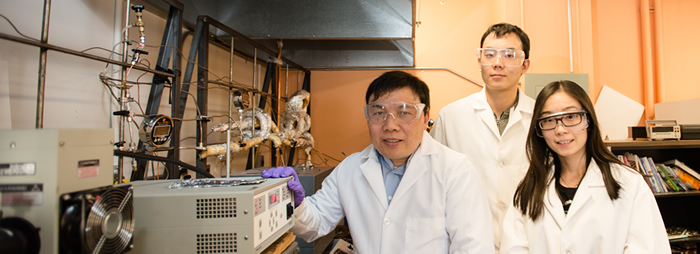
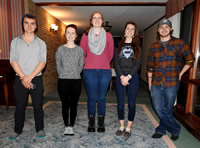
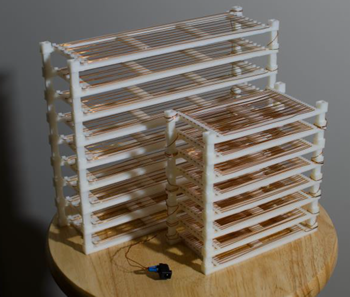

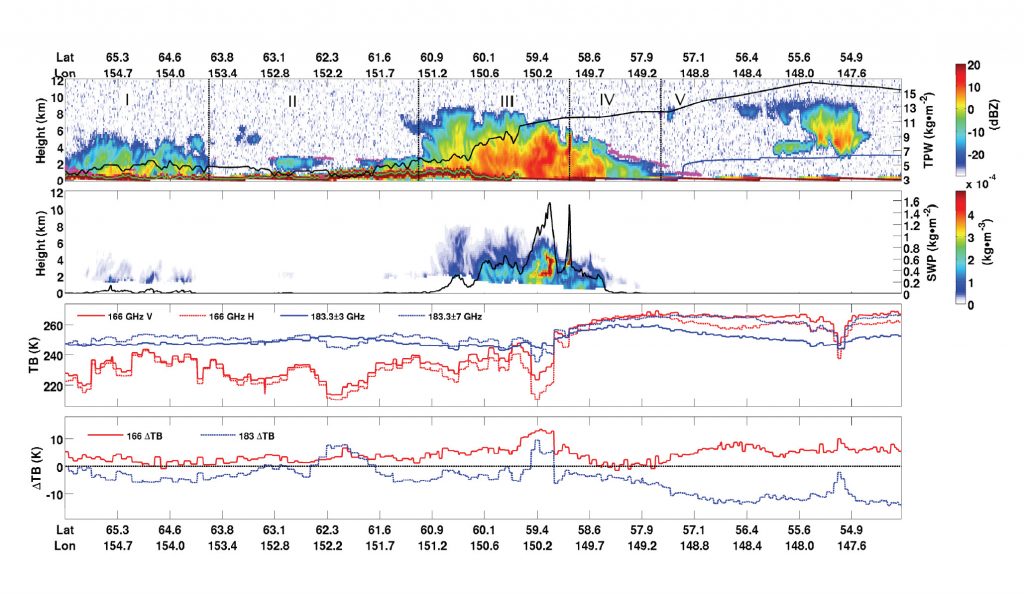
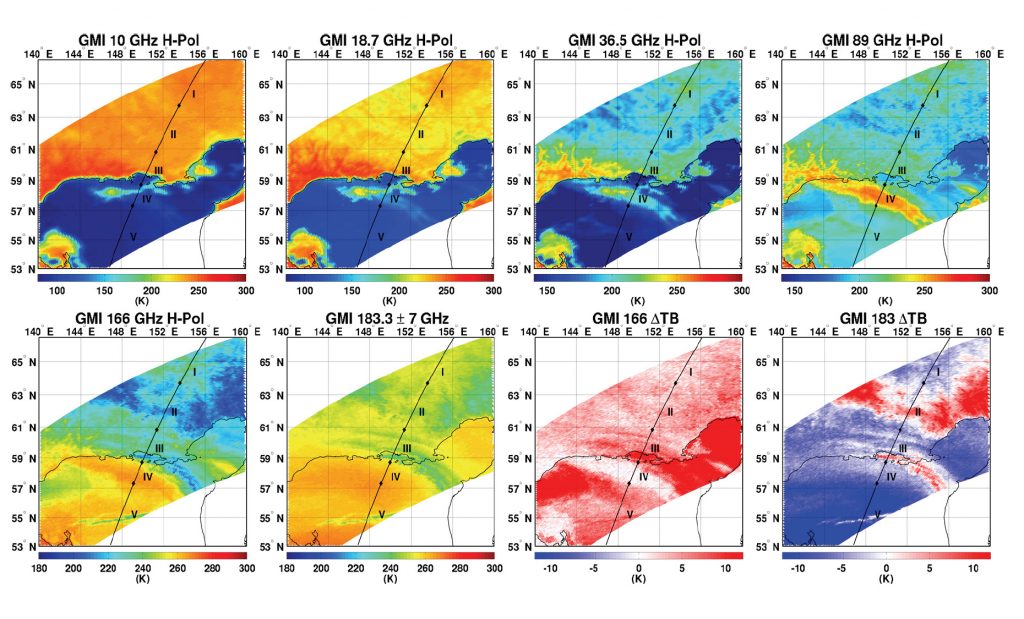
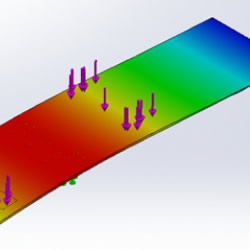 The Fifth Annual Rekhi Innovation Challenge kicked off on Friday Nov. 10, 2017. Three Enterprise teams are competing for funding this year: Blue Marble Security, BoardSport Technologies and Velovations. The Rekhi Challenge is a crowdfunding competition to help promote and support student innovation and entrepreneurship through Michigan Tech’s crowdfunding site, Superior Ideas. The team that raises the most money will receive a monetary match of up to $5,000.
The Fifth Annual Rekhi Innovation Challenge kicked off on Friday Nov. 10, 2017. Three Enterprise teams are competing for funding this year: Blue Marble Security, BoardSport Technologies and Velovations. The Rekhi Challenge is a crowdfunding competition to help promote and support student innovation and entrepreneurship through Michigan Tech’s crowdfunding site, Superior Ideas. The team that raises the most money will receive a monetary match of up to $5,000.